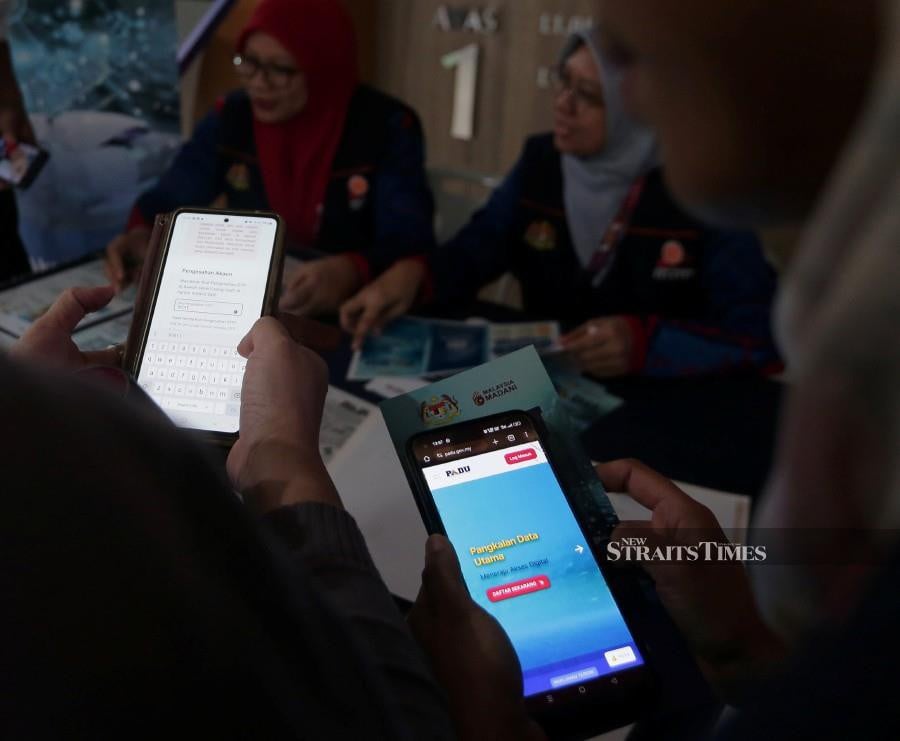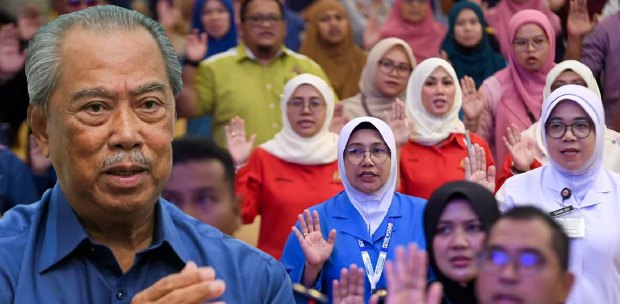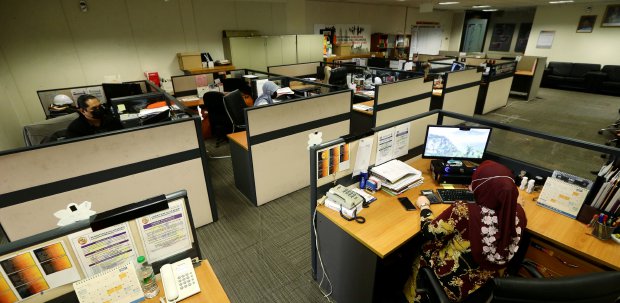THE Year 2024 began with much anticipation, fervent hopes and high spirit to propel the country socio-economically to a greater height. In past years, Malaysia has witnessed significant transformations, particularly in the civil service sector.
These changes have been largely driven by the need to strengthen public policy, making it more effective, inclusive and responsive to the evolving needs of its diverse population.
As we take pride in being one of the best public sectors in the region, fresh strategies and initiatives need to be infused consistently to further bolster and push forward public policies within the Malaysian civil service, ensuring a robust, efficient and progressive governance framework in facing the unforeseen global challenges.
Among the pertinent strategies include:
1. Enhancing Professionalism and Capacity Building: To improve policy-making, there is a critical need to enhance the professionalism of civil servants. This involves continuous training and development programmes focused on policy analysis, data-driven decision-making, and an understanding of global best practices. Specialised training in areas like digital governance, environmental policy and economic modelling is also essential.
2. Promoting a Culture of Innovation and Flexibility: The civil service must adopt a culture of innovation, encouraging creative solutions and flexibility in policy design and implementation. This can be achieved through fostering a start-up-like mindset, where experimentation and learning from failures are valued.
3. Strengthening Stakeholder Engagement: Effective public policy requires the involvement of various stakeholders, including the private sector, civil society and the general public. Regular engagement through public consultations, forums, use of digital platforms and social media can ensure policies are well-informed and aligned with the public's needs.
4. Embracing Technology and Data Analytics: Leveraging technology for better policy-making is non-negotiable in the digital age. The use of data analytics, artificial intelligence and digital tools can provide insights into policy impacts, help in predicting future trends and enable more efficient service delivery.
5. Ensuring Transparency and Accountability: Transparency in policy processes and accountability of civil servants are vital for public trust. Implementing clear mechanisms for accountability, integrity and establishing transparent policy-making processes can significantly enhance policy outcomes.
6. Focusing on Sustainable and Inclusive Policies: Policies must be sustainable and inclusive, taking into account immediate and long-term environmental impacts and the needs of diverse groups, including marginalised communities. This approach ensures that the benefits of policies are widely and equitably distributed.
Malaysia can draw lessons from much developed nations where the civil service is highly efficient and technologically advanced. Use of e-governance platforms for public service delivery is an example that offers valuable insights into how technology can enhance efficiency and transparency. The introduction of the central database hub (Padu) recently is a clear case in point and praiseworthy.
The journey to strengthen public policy in the Malaysian civil service is fraught with challenges, including resistance to change, resource constraints, bureaucratic barriers and the need to balance diverse interests. However, with a strategic approach and commitment to continuous improvement, these challenges can be transformed into opportunities.
While a raft of transformative and reformative measures is underway intensely in the Malaysian civil service particularly with the support and keen interest of the prime minister, invigorating public policies in a holistic manner is crucial for the nation's progress and prosperity.
It requires a multi-faceted approach, involving capacity building, technological adoption, stakeholder engagement and a steadfast commitment to transparency, accountability and equitability.
As Malaysia continues to evolve, its civil service must not only keep pace but become a beacon of innovative and effective governance, capable of addressing the complexities of the 21st century.
The writer is senior research fellow at the National Institute of Public Administration (Intan). He can be reached at [email protected]






